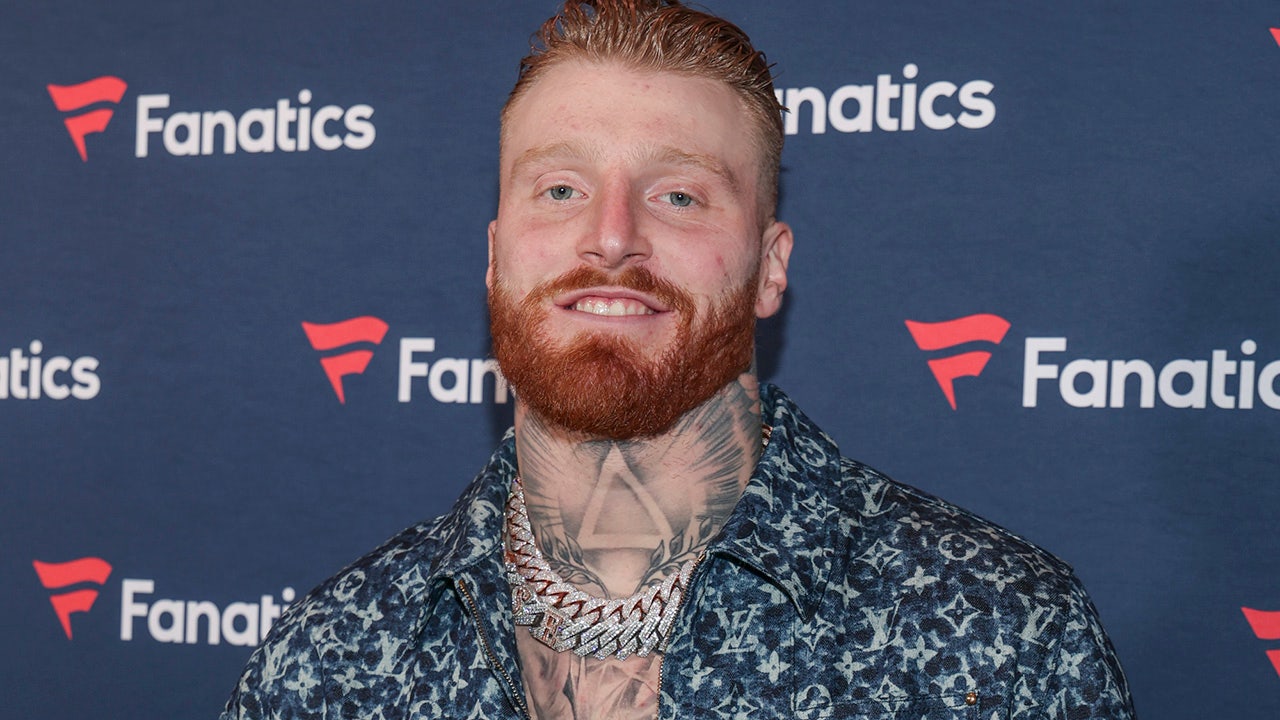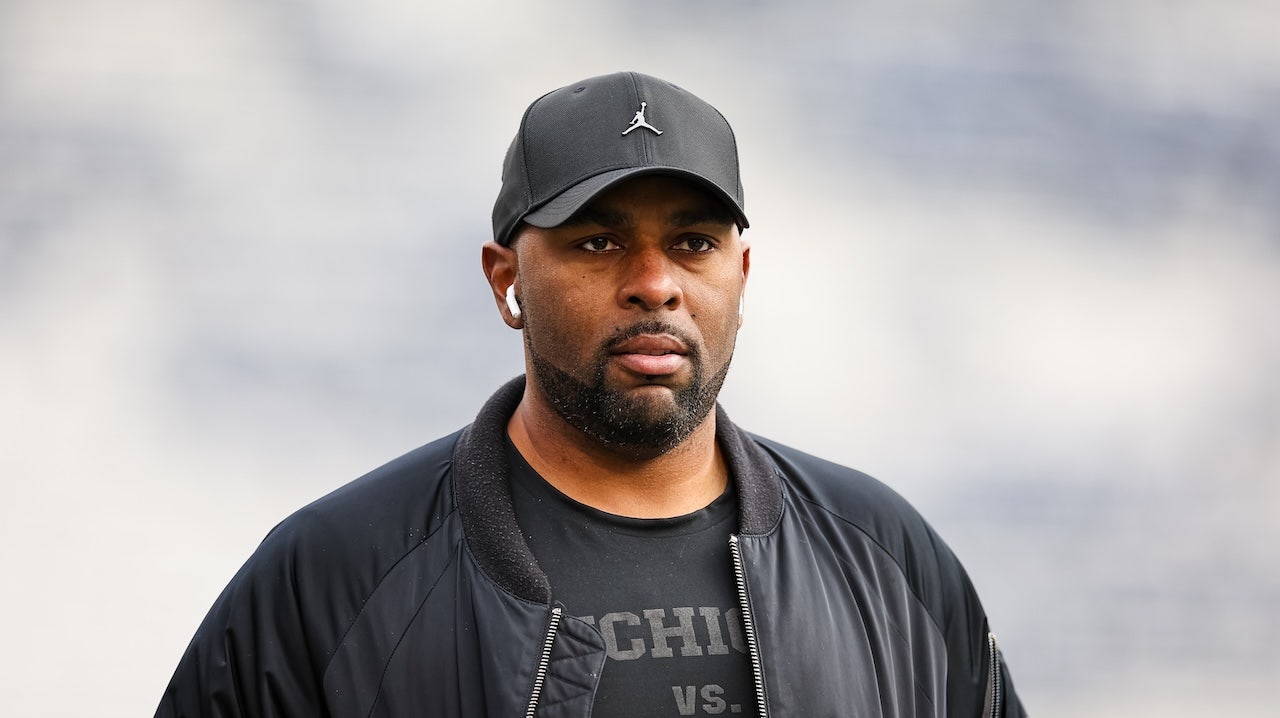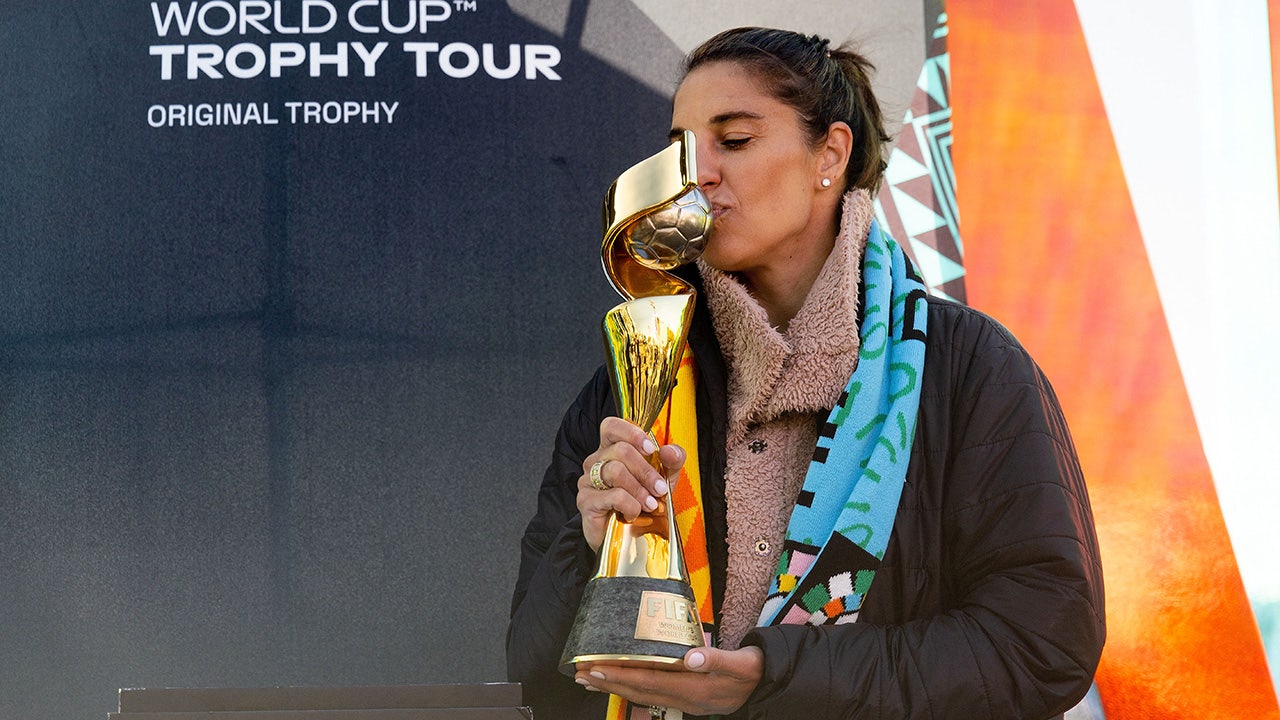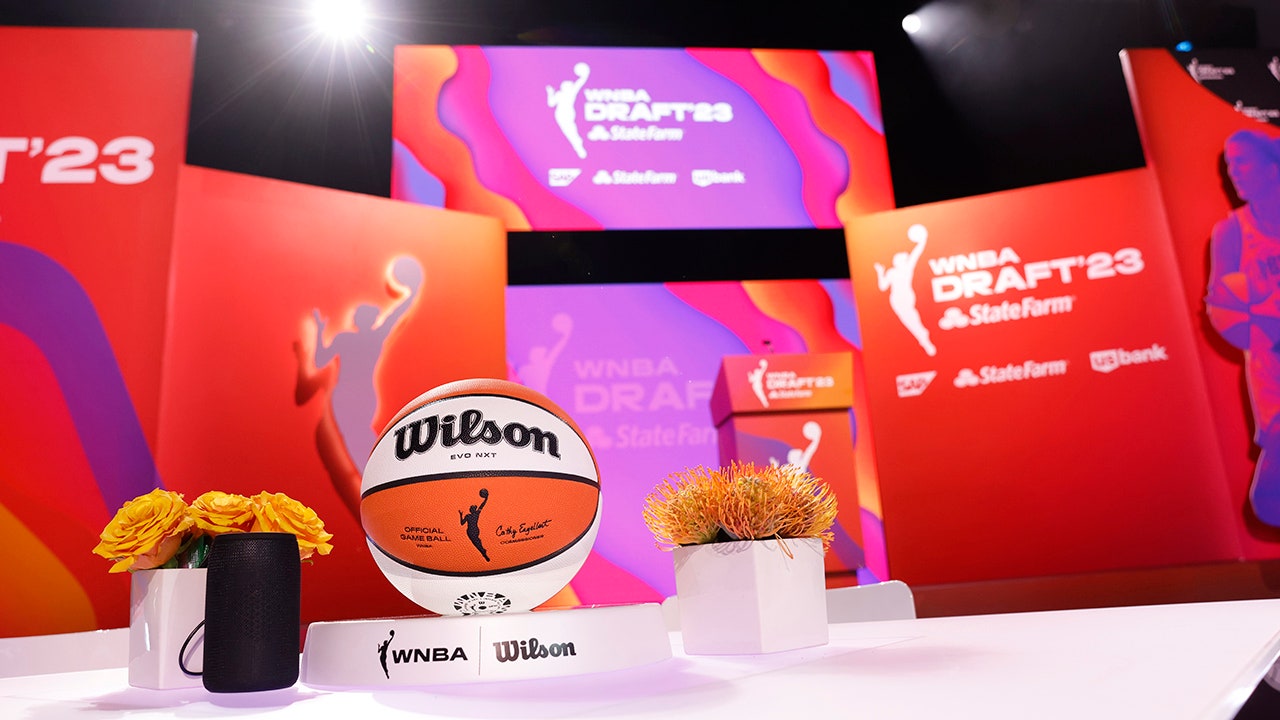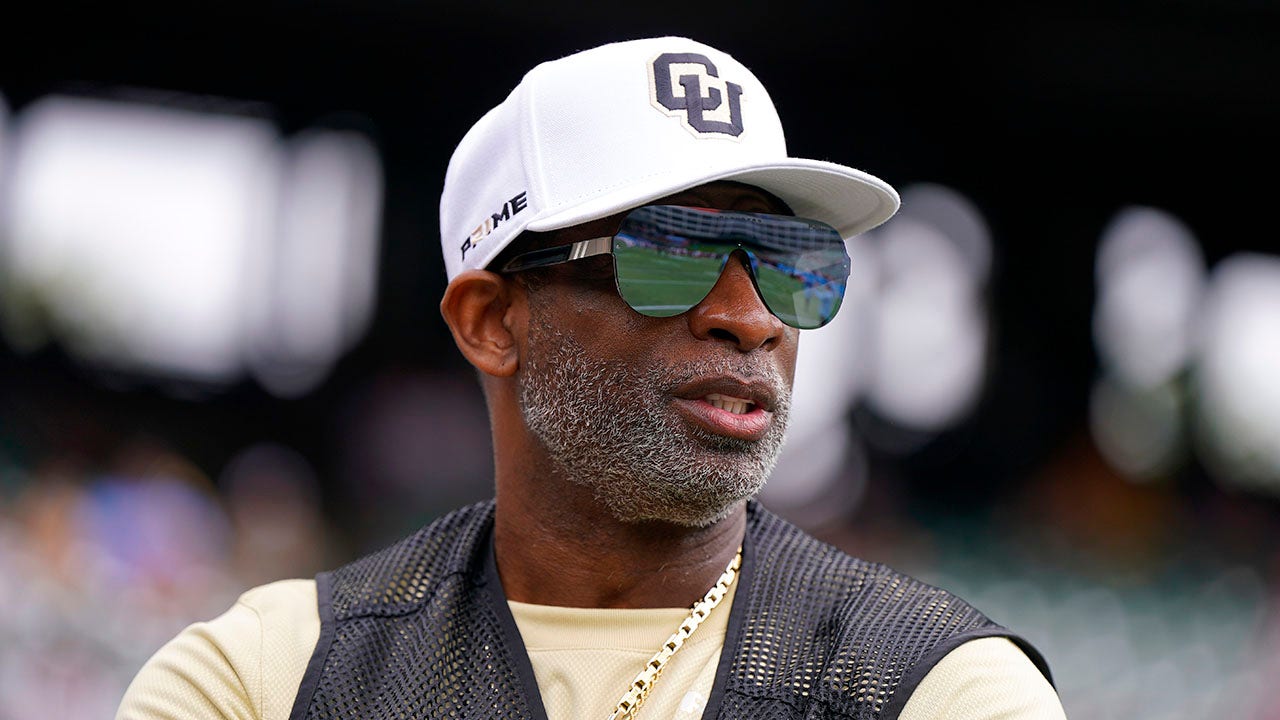They are all the same, even though Bill Walton was one of the most unique men to ever live. Walton was a 6-foot-11 redhead, curiosity seeker, Grateful Dead fan and TV analyst, who just happened to be one of the greatest basketball players to ever live.
But upon his death Monday, the tributes were all the same because the thread of Walton’s life was his tie-dyed passion for people. At times, he might have seemed as if he lived on another planet, but he wanted you and everybody else to join him on it because it was a place where love and dreams come true.
That is why the tributes were all the same on social media, summed up succinctly by the legendary Julius Erving.
“Bill Walton enjoyed life in every way,” Erving said in a statement posted to X.
But you didn’t need to be a fellow Hall of Famer like Dr. J to know Walton. For decades, Walton has been a part of basketball fans’ lives as a TV commentator.
As a center, Walton reached the highest heights leading UCLA and the Portland Trail Blazers to championships before being a sixth man — “Larry Bird’s valet,” as Walton put it — on the Boston Celtics and thriving as a role player for another ring. His importance on the floor changed, but his attitude did not.

GO DEEPER
Bill Walton, one of basketball’s most eccentric characters, dies at 71
As a broadcaster, he had that same ride, teaming up with fellow NBC analyst Steve Jones and Tom Hammond on top crews.
In 2002, Walton worked the NBA Finals with Marv Albert for NBC. In 2003, on ABC, he was paired with play-by-player Brad Nessler and co-analyst Tom Tolbert for the Finals.
However, these aren’t the broadcasts that will live on in our memories of Walton. It was when Walton was more of a sixth man that he stood out to a greater degree; especially in the social media age.
His work on ESPN, late night on his beloved Pac-12, teaming with Dave Pasch or Jason Benetti really represented the groovy Walton experience.
That is why, upon his passing, social media played clips of Walton being Walton, comparing the San Antonio Spurs’ Boris Diaw to Beethoven or eating a lit cupcake or talking about actual Bears and Huskies when describing UCLA going out to an early lead on Washington.
RIP Bill Walton, who 14 years ago spoke about Boris Diaw (career 8.4 ppg/4.4 rebs/3.5 ast) with more beauty and reverence than anyone has ever spoken about another person.
“When I think of Boris Diaw, I think of Beethoven and the age of the romantics.” pic.twitter.com/wSN5eVyOae
— Blake Wexler 🫵 (@BlakeWexler) May 27, 2024
Bill Walton lived his life without fear.
Like when he ate a cupcake live on TV with the candle still lit.
RIP to a college basketball icon. pic.twitter.com/fDWcRGajTp
— Ben Stevens (@BenScottStevens) May 27, 2024
Bill Walton forever pic.twitter.com/doTKjhJcSd
— Zach Harper (@talkhoops) May 27, 2024
Benetti took to social media to share an email he received from Walton four years ago:
“PUT THE MUSIC ON,
as soon as it doesn’t seem right,
change the music/station,
but don’t turn it off”
In 1981, Walton did his version of changing the music. That year, he addressed a stuttering problem that had plagued his life and makes his accomplishment as a broadcaster even more impressive.
Until Walton was almost 30, he was afraid to speak. At that time, Walton met the legendary broadcaster and Olympian Marty Glickman. Glickman advised Walton that talking was a skill, not a talent, and he could apply the lessons of the court to improve, basically to keep it simple and practice.
“When I was 28, a chance encounter at a social event with Hall of Fame broadcaster Marty Glickman completely changed my life in so many ways that things have never been the same since, nor have they ever been better,” Walton wrote in an essay for The Stuttering Foundation.
Basketball fans were better for it. Most people alive now did not see Walton play in his prime, but they have listened to his views on life. It was authentic, on or off the TV.
“Bill would often end text messages with ‘Thank you for my life. Shine on. Peace and love,’” ESPN president of content, Burke Magnus, said on X.
That was his message. Everyone got it. For all of his accomplishments, what a great legacy.
(Photo of Bill Walton at the 2019 Maui Inivitational: Mitchell Layton / Getty Images)

